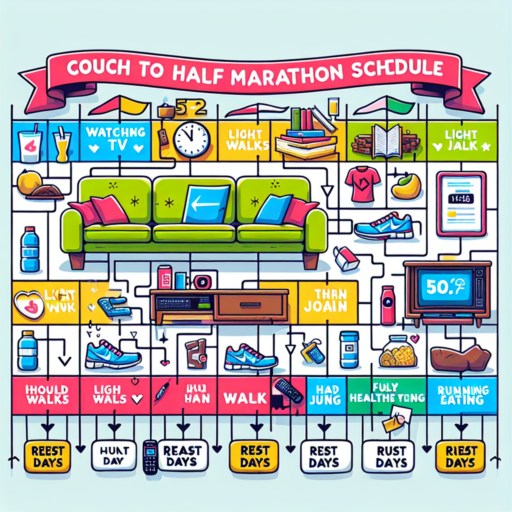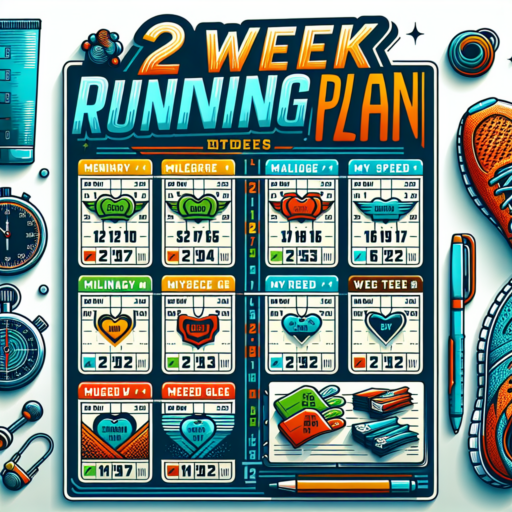No se han encontrado productos.
What is considered an intermediate runner?
Defining an intermediate runner is a task that involves a mix of distance, pace, and the overall experience a person has with running. Generally, someone in this category has progressed beyond the basics of jogging and running short distances. These runners have dedicated significant time towards improving their skills, proving their commitment and passion for the sport. An intermediate runner often finds themselves in a unique position – past the novice stage but still honing their abilities and knowledge in the realm of long-distance running or racing competitions.
Typically, an intermediate runner has maintained a consistent running schedule, tackling distances that range anywhere from 3 to 6 miles with ease, several times a week. Their training doesn’t just stop at maintaining a steady pace over these distances; it also includes incorporating varied workouts like speed training, hill repeats, or long runs that extend beyond their usual distance. This variety not only enhances their physical capability but also enriches their running experience, preparing them for more challenging endeavors.
Furthermore, an intermediate runner’s engagement with the sport often includes a deeper understanding of running mechanics, injury prevention, and perhaps a curiosity about competitive racing. Their approach is systematic and goal-oriented, which might include setting personal bests or completing specific races. This level of dedication signifies a move away from merely participating in running for fitness or leisure, to embracing it as a significant part of their lifestyle.
How many miles a week for an intermediate runner?
Understanding the recommended mileage for an intermediate runner is essential in striking the right balance between achieving fitness goals and avoiding overtraining. Typically, an intermediate runner is someone who has been running regularly for at least a year and has participated in races ranging from 5Ks to half marathons. For these individuals, a weekly mileage can vary widely based on specific goals, current fitness level, and running history.
On average, intermediate runners should aim to run between 20 to 35 miles per week. This range provides a solid foundation for maintaining fitness, allows for continued improvement, and minimizes the risk of injury. It is important to listen to your body and adjust based on how you are feeling both physically and mentally. Incremental increases in distance, not exceeding a 10% increase in total mileage from week to week, can help safely enhance endurance over time.
Furthermore, the distribution of these miles throughout the week should include a variety of run types: easy runs, tempo runs, long runs, and possibly interval sessions or hill repeats. This diversity in training not only prevents boredom but is critical for improving different aspects of running fitness, such as speed, endurance, and recovery. An exemplary week might include three to five days of running, allowing for ample rest or cross-training days to facilitate recovery and prevent injuries.
Can I learn to run 5k in 6 weeks?
Embarking on the journey to run a 5k is an admirable goal, and the good news is, with the right approach and dedication, it’s entirely achievable within six weeks, especially for beginners who are starting from scratch. The key to success lies in a structured training program that gradually increases in intensity, allowing your body to adapt without the risk of injury.
To begin, it’s crucial to establish a baseline of your current fitness level. Starting with brisk walks and gradually incorporating running intervals can significantly boost your stamina. Adhering to a consistent schedule that alternates between running days and rest days is essential for recovery and progress. Moreover, integrating various cross-training activities can enhance overall physical condition, making the transition to running smoother.
Another aspect to consider is the importance of setting realistic milestones. Progressing from walking to running 5k non-stop is an achievement that requires patience and perseverance. A typical 6-week training plan for beginners might start with running/walking intervals, gradually reducing the walking intervals and increasing the running periods over time. Listening to your body and allowing it ample time to rest and recover is paramount to avoiding overuse injuries and maintaining a positive and motivated mindset throughout your training journey.
How do you run a 5k intermediate?
For intermediate runners aiming to tackle a 5k race, refining your approach is key to hitting new personal bests and enjoying the run. At this level, you’re likely familiar with the basics of running, but optimizing your strategy can help you break through plateaus and achieve more ambitious goals.
Creating a Structured Training Plan
Developing a structured training plan tailored to the 5k distance is essential. Incorporate a mix of long runs, speed work, and rest days to improve endurance and pace. Varying your training intensities helps to stimulate different physiological responses, making you a stronger runner. Aim for at least one speed session and a slightly longer run each week, progressively increasing the intensity as the race approaches.
Improving Running Form
To run more efficiently, focus on improving your running form. Maintaining a consistent posture, ensuring your foot strikes under your body rather than ahead of it, and using your arms to drive momentum can make significant differences. Regularly performing strength and flexibility exercises also supports better running mechanics and reduces the risk of injury.
Nutrition and hydration play pivotal roles in your performance and recovery. Prioritizing a balanced diet rich in carbohydrates, proteins, and healthy fats ensures your body has the necessary fuel. Additionally, staying hydrated before, during, and after your runs is vital, especially in the build-up to race day.




